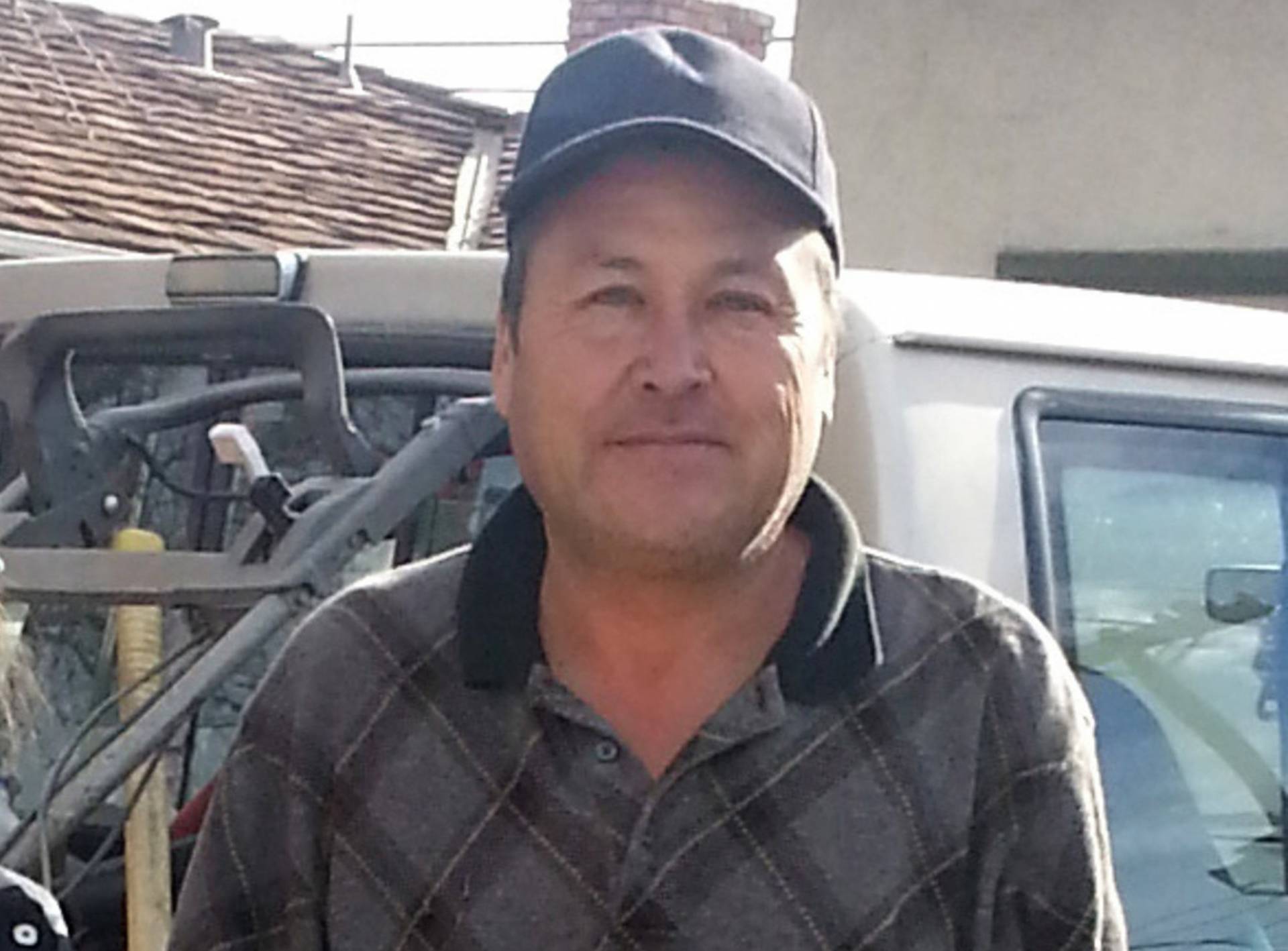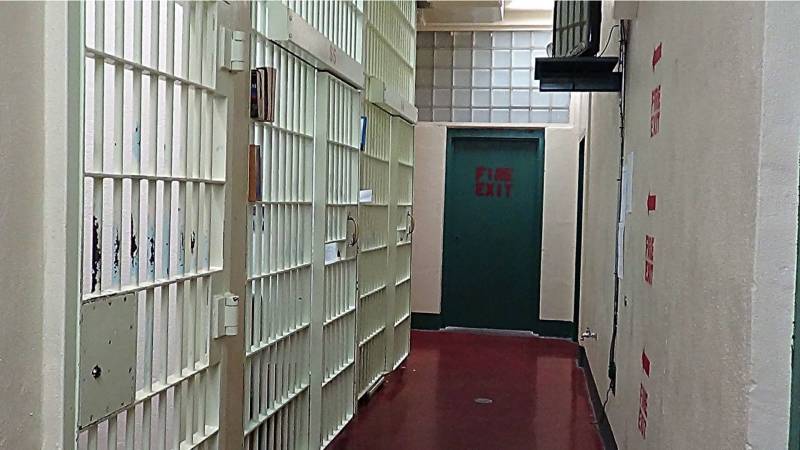Updated Wednesday, April 1, 4:00 p.m.
As cases of COVID-19 begin to show up in prisons, jails and immigration detention centers across the country, the almost 40,000 people who are being held while awaiting immigration hearings are starting to panic. In California, lawyers have filed suit in federal court seeking the release of 13 immigrant detainees who have chronic medical conditions and would be at high risk if they contract the novel coronavirus.

Salomón Medina-Calderón is one of the immigrants named in the lawsuit filed against U.S. Immigration and Customs Enforcement (ICE) by the American Civil Liberties Union of Northern California and other legal advocacy groups. Born in Mexico, he’s raised six children over his three decades in the U.S. At 56 years old, Medina-Calderón is nearly blind and has diabetes.
“I do not want to die somewhere like this, in an ICE detention center,” he said in Spanish. “My wish is, for (my) last moments — days or years, I don't know, it depends — to be with my family, to have an end close to my family.”
He’s being held in the Yuba County Jail, one of two immigration detention facilities in California cited in the lawsuit. The jail is in Marysville, about 40 miles north of Sacramento. It’s a blocky, beige facility holding both county jail inmates and nearly 150 immigrant detainees on Wednesday, according to ICE. There are 50 men in Medina-Calderón’s unit, according to Sgt. Jeff Palmer at the Yuba County Jail.
